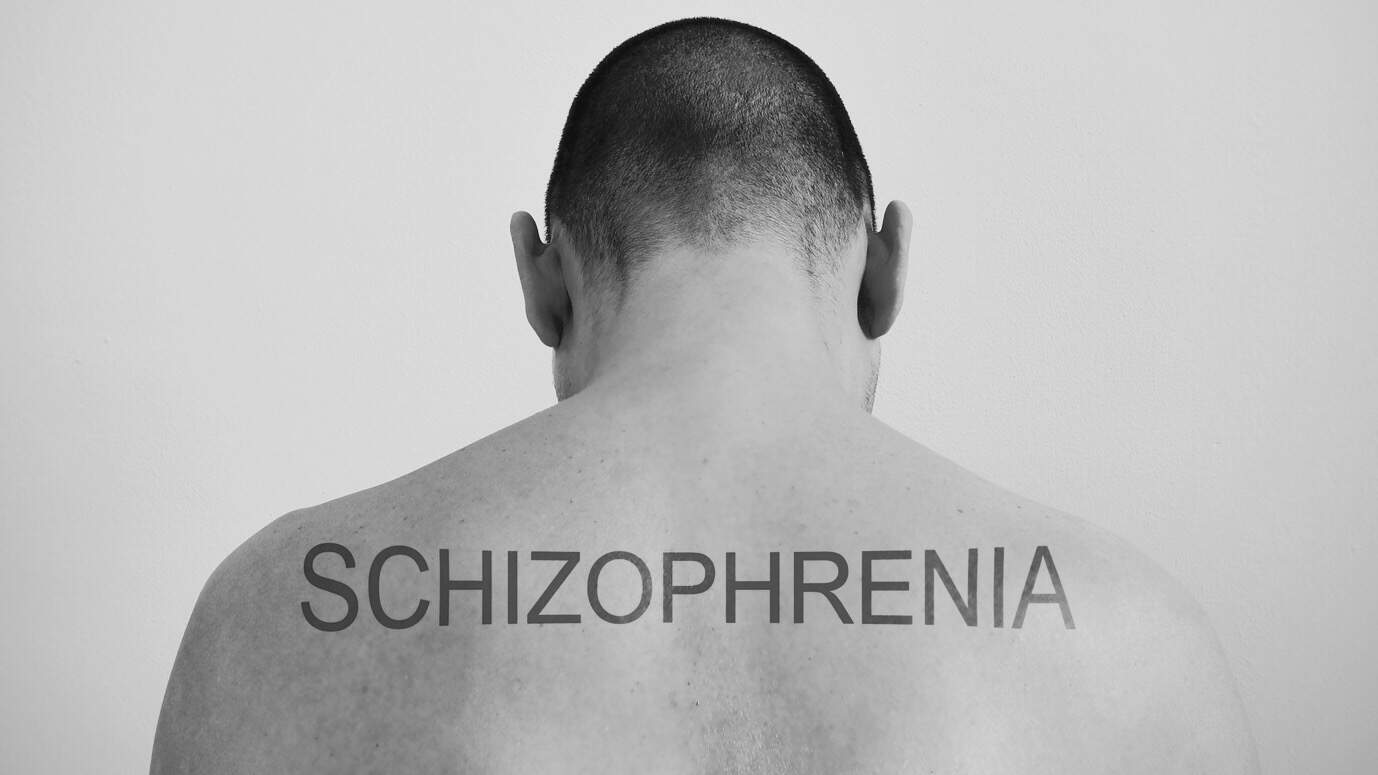Schizophrenia is a debilitating mental health disorder that affects more than 1% of the American population, or one in every 100 individuals between the ages of 16 to 30. Its’ symptoms include paranoid delusions, agitation, hallucinations, and dysfunctional thought processing. Until recently, schizophrenia was thought to be a single disease. However, scientists have found new evidence that suggests otherwise.
Schizophrenia Found to Actually Be These 8 Genetic Disorders
In research documented in 2014 at Washington University School of Medicine in St. Louis, MO, schizophrenia has been linked to a group of eight genetic disorders with their own set of symptoms. C. Robert Cloninger, MD, PhD, one of the study’s senior investigators, shares, “Genes don’t operate by themselves. They function in concert much like an orchestra, and to understand how they’re working, you have to know not just who the members of the orchestra are but how they interact.”
Commenting on their findings, co-investigator Dr. Dragan Svrakic, a professor of psychiatry at the university, says: “In the past, scientists had been looking for associations between individual genes and schizophrenia. When one study would identify an association, no one else could replicate it. What was missing was the idea that these genes don’t act independently. They work in concert to disrupt the brain’s structure and function, and that results in the illness.”
Facts about schizophrenia in the US:
- Schizophrenia is one the leading causes of disability in the US.
- Approximately 75% of people who develop schizophrenia are between the ages of 16 and 25
- Past research has indicated that 25% of people with schizophrenia recover completely
- 25% have symptoms that do not improve over time,
- 50% have symptoms than improve over a 10-year period.
Up until this research was conducted, about 80% of the risk factor for schizophrenia was known to be inherited. The recent study and research with more than 4,200 people identified distinct gene clusters that contributed to the eight different classes of this disease. The researchers looked at almost 700,000 areas of the genome that showed the variation occurring in a single unit of DNA. This variation is known as a single nucleotide polymorphism (SNP).
“By comparing the SNPs of schizophrenic individuals with those of healthy controls, the team was able to identify the genetic variations linked to schizophrenia. Individuals with schizophrenia were divided into groups based on the type and severity of their symptoms. The team looked at how the genetic variations interacted with each other to produce specific symptoms of the disorder.”
Ultimately, the researchers discovered that eight distinct forms of genetically based schizophrenia currently exist, with symptoms ranging from mild to severe. Researchers began to match symptoms with people’s unique genetic features to create genetic profiles. The results showed that, based on the genetic profiles, people are more susceptible to developing schizophrenia in their lives. As per the university’s findings, some patients who have hallucinations were matched to a distinct genetic feature with other symptoms. These specific genetic variations concluded a 95% certainty in the disease. For example, they found that disorganized speech and behavior were associated with a set of DNA variation that carried a 100% risk for schizophrenia.
Unfortunately, most of the variables regarding schizophrenia have not been explained. However, Dr. Cloninger said, “What we’ve done here, after a decade of frustration in the field of psychiatric genetics, is identify the way genes interact with each other, how the ‘orchestra’ is either harmonious and leads to health, or disorganized in ways that lead to distinct classes of schizophrenia.”
The team of researchers also believes that by studying how these genes interact, they can start to uncover new information about other common disorders, such as heart disease and diabetes. Even though the exact mutations that cause schizophrenia are not yet pinpointed, there is hope for the future of the illness. Genetic research continues in the regions of the brain so that schizophrenia can be cured, as it robs millions of individuals from having a mentally healthy life.
Related article: How Depression Changes Your Brain (And Ways To Reverse It)
Treatments for the disease have not changed, or advanced, in over 50 years since the discovery of drugs that reduce the activity of the chemical messenger called dopamine. After this recent discovery, these drugs are being targeted for further investigation, since the findings are based in areas of genetic variations.













